What is Artificial Intelligence in healthcare?
The potential for artificial Intelligence (AI) is revolutionary and boundless. In particular, AI provides numerous benefits and potential improvements to the healthcare industry. Moreover, AI can disrupt businesses and improve people's lives in new ways. It can automate monotonous operations, resulting in increased efficiency and cost savings.
Due to this, AI specialists are sought after by companies in tech, healthcare, finance, manufacturing, and many other sectors to develop innovative solutions that can streamline processes, improve decision-making, and enhance products and services. Moreover, AI can power autonomous vehicles in transportation, making travel safer and more efficient.
AI-driven chatbots can revolutionize the customer experience by providing personalized support. Additionally, AI has the potential to drive innovation, optimize manufacturing processes, aid in scientific research, enhance education, and strengthen cybersecurity. Despite its immense potential, responsible development and ethical considerations are essential to harness the full benefits of AI while addressing its challenges.
Now we shall discuss the importance of AI in healthcare.
Artificial Intelligence in healthcare refers to applying advanced algorithms, machine learning, and data analytic approaches to different parts of medical practice, research, and administration. AI can transform healthcare by increasing diagnosis, treatment, patient outcomes, and industry efficiency.
Here are some critical applications of AI in healthcare and examples of AI in healthcare.
Medical Imaging: AI is used in healthcare to analyze images such as X-rays, CT scans, MRIs, and mammograms to detect and diagnose diseases such as cancer, fractures, and other abnormalities more correctly and promptly.
Diagnostics: By analyzing patient data, symptoms, and medical history to detect patterns and predict probable health issues, AI-powered algorithms can assist healthcare practitioners in identifying diseases.
Drug Discovery: AI in healthcare accelerates drug development by analyzing vast amounts of biomedical data, determining potential drug prospects, and predicting their efficacy and safety.
Personalized Treatment Plans: Artificial Intelligence in healthcare assists in developing a customized treatment plan to effectively evaluate measures by considering specific patient features, genetic data, and medical history.
Virtual Health Assistants: AI-driven virtual health assistants and chatbots can provide patients 24/7 support, answer basic medical questions, and offer guidance on managing their health conditions.
Electronic Health Records (EHRs): AI can help to streamline the maintenance of electronic health records, making it easier for healthcare providers to obtain critical patient information swiftly.
Predictive Analytics: AI in the healthcare industry can prevent predicaments before they arise with AI algorithms that can forecast disease outbreaks, readmissions of patients, and medical challenges.
Clinical Decision Support: AI can help doctors make well-informed decisions by offering suggestions and treatment options supported by the most recent medical research.
Remote Monitoring: AI-powered devices can monitor patients remotely, collecting data on vital signs and alerting healthcare professionals of any concerning changes.
Despite its enormous potential, AI in healthcare creates ethical, privacy, and security issues. AI algorithms must provide data privacy, accuracy, and transparency to be implemented in healthcare responsibly. As AI technology develops, it is crucial to balance maximizing its advantages and upholding the greatest patient care and safety standards.
Choose a training provider to learn IT courses
Java training | J2EE training | J2EE Jboss training | Apache JMeter trainingTake the next step towards your professional goals in Information Technology
Don't hesitate to talk with our course advisor right now
Receive a call
Contact NowMake a call
+1-732-338-7323Related blogs on Healthcare IT to learn more

How Much Do Healthcare Administrators Make?
Discover how much healthcare administrators make, the importance of healthcare, career opportunities, and potential job roles. Learn about salary ranges, career growth, and training programs with Sulekha to kickstart your healthcare administration jo
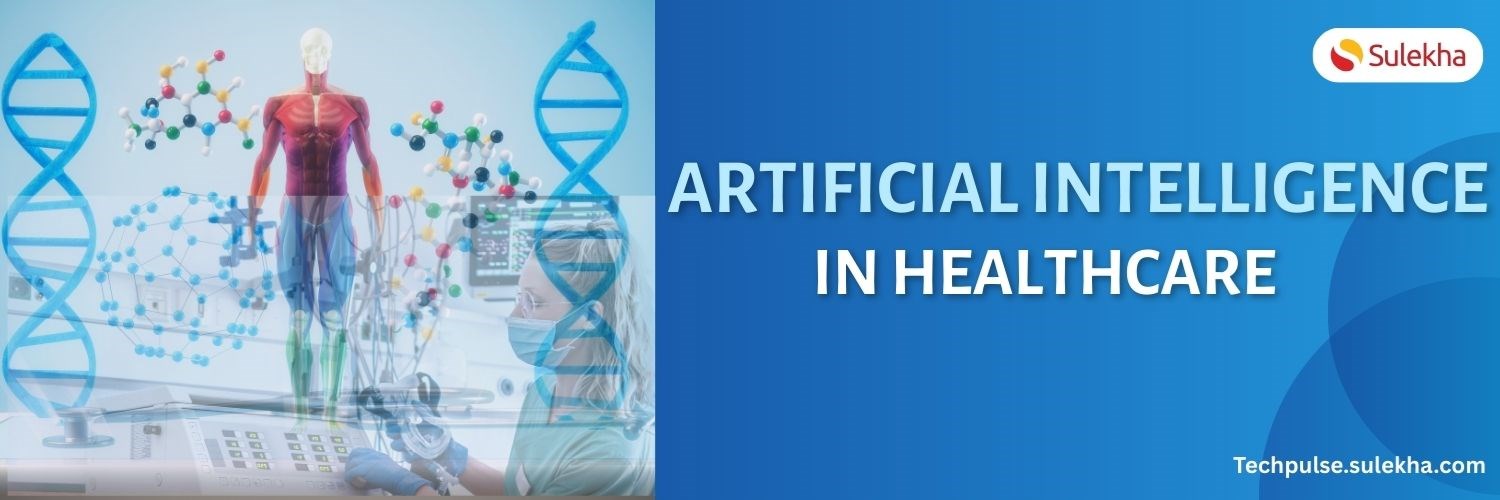
Artificial intelligence in healthcare: Medical and Diagnosis field
Artificial intelligence in healthcare: Medical and Diagnosis field

Understanding Drug Safety Practices: A Comprehensive Guide
Drug safety is not just a routine, it's a lifeline in the healthcare and pharmaceutical industries. It ensures that medications are not just used but used effectively and safely. This involves monitoring, assessing, and managing the risks associated

Career opportunities in pharmacovigilance
Every day, millions of people rely on drugs to treat, manage, or prevent various health conditions. But how do we ensure these medications are safe and effective for all patients? That’s where pharmacovigilance comes in, a field dedicated to monitori
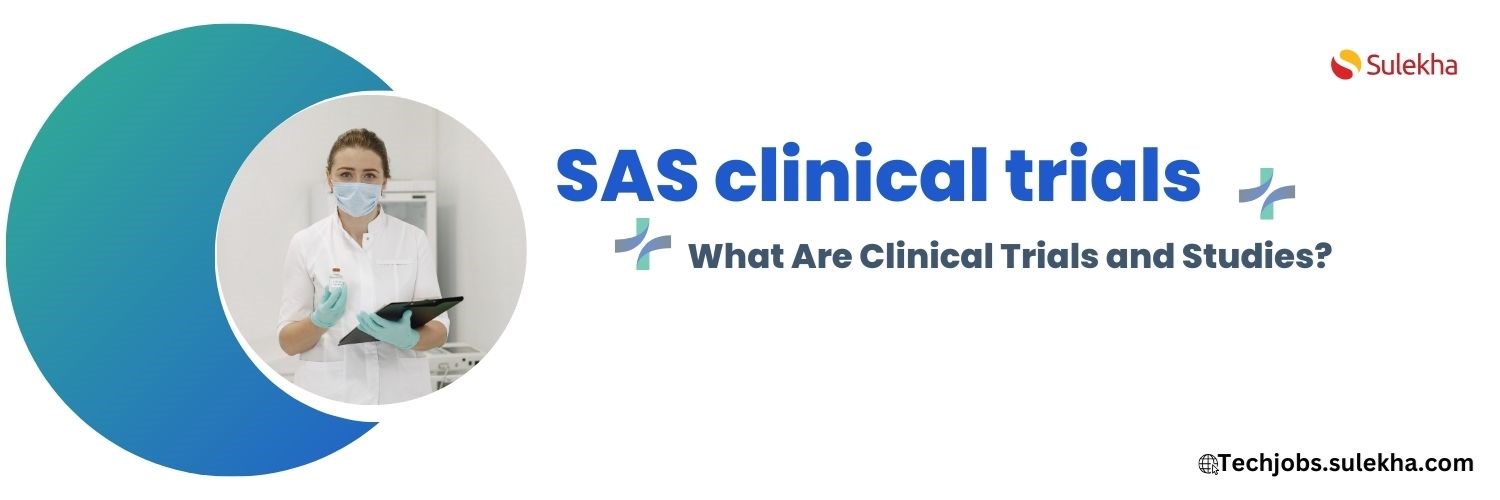
SAS clinical trials -What Are Clinical Trials and Studies?
Learn how SAS (Statistical Analysis System) supports clinical trials by analyzing data, ensuring regulatory compliance, and transforming raw data into actionable insights for drug efficacy and safety.

INTRODUCTION TO CLINICAL RESEARCH
Learn how clinical trials ensure the safety and effectiveness of treatments and medical devices.

What is a Good clinical practice?
Explore the essentials of Good Clinical Practice (GCP), including its principles, purpose, key stakeholders, and the importance of ethical and regulatory compliance in clinical trials.

INTRODUCTION TO BIOLOGY
Dive into the captivating realm of biology, the study of life, its diversity, and its intricate interactions.

STEPS TO BECOME A CLINICAL RESEARCH COORDINATOR
Discover the essential steps to become a Clinical Research Coordinator, from education and training to gaining relevant experience and certifications.
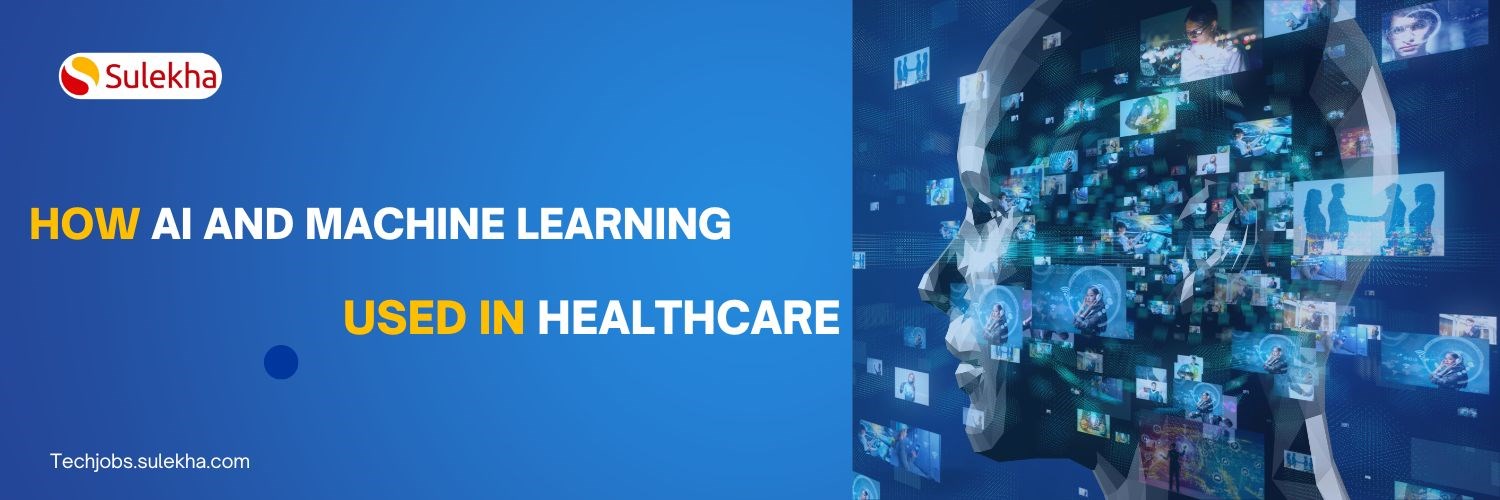
How AI and ML used in Healthcare?
Explore the transformative role of AI and ML in healthcare, revolutionizing diagnostics, treatment personalization, and operational efficiency.
Latest blogs on technology to explore
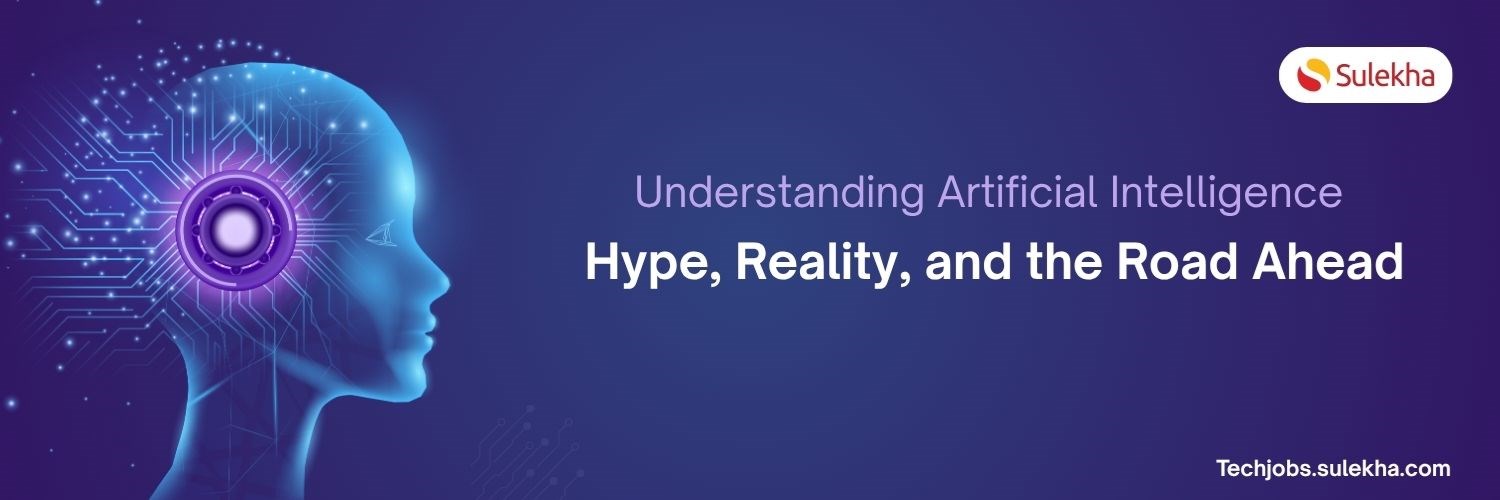
Understanding Artificial Intelligence: Hype, Reality, and the Road Ahead
Explore the reality of Artificial Intelligence (AI) — its impact, how it works, and its potential risks. Understand AI's benefits, challenges, and how to navigate its role in shaping industries and everyday life with expert training programs

How Much Do Healthcare Administrators Make?
Discover how much healthcare administrators make, the importance of healthcare, career opportunities, and potential job roles. Learn about salary ranges, career growth, and training programs with Sulekha to kickstart your healthcare administration jo

How to Gain the High-Income Skills Employers Are Looking For?
Discover top high-income skills like software development, data analysis, AI, and project management that employers seek. Learn key skills and growth opportunities to boost your career.

What Companies Expect from Product Managers in 2025: Skills, Tools, and Trends
Explore what companies expect from Product Managers in 2025, including essential skills, tools, certifications, and salary trends. Learn how to stay ahead in a rapidly evolving, tech-driven product management landscape.
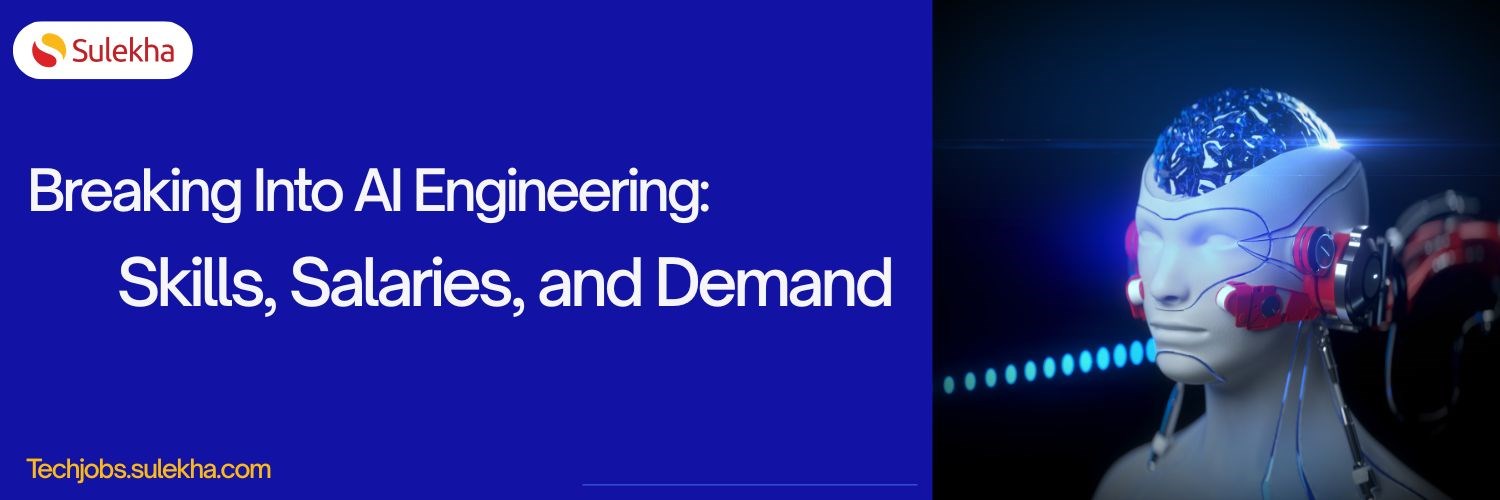
Breaking Into AI Engineering: Skills, Salaries, and Demand in the US
Discover how to break into AI engineering with insights on essential skills, salary expectations, and rising demand in the US. Learn about career paths, certifications, and how to succeed in one of tech’s fastest-growing fields.

Cybersecurity Training: Powering Digital Defense
Explore top cybersecurity training programs in the USA to meet rising demand in digital defense. Learn about certifications, salaries, and career opportunities in this high-growth field.

Why Pursue Data Science Training?
Empower your career in a data-driven world. Learn why data science training is crucial for high-demand jobs, informed decisions, and staying ahead with essential skills.

What Does a Cybersecurity Analyst Do? 2025
Discover the vital role of a Cybersecurity Analyst in 2025, protecting organizations from evolving cyber threats through monitoring, threat assessment, and incident response. Learn about career paths, key skills, certifications, and why now is the be

Artificial intelligence in healthcare: Medical and Diagnosis field
Artificial intelligence in healthcare: Medical and Diagnosis field

iOS 18.5 Is Here: 7 Reasons You Should Update Right Now
In this blog, we shall discuss Apple releases iOS 18.5 with new features and bug fixes